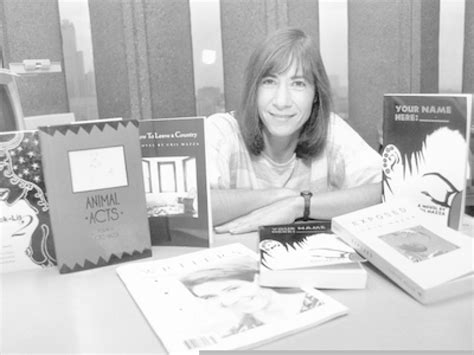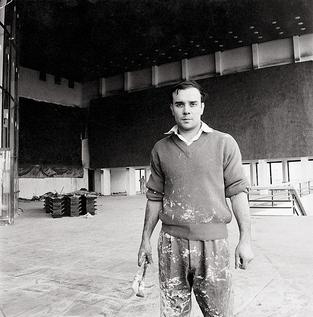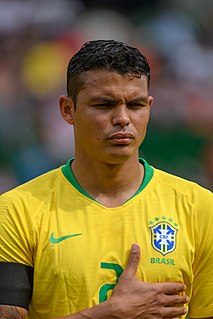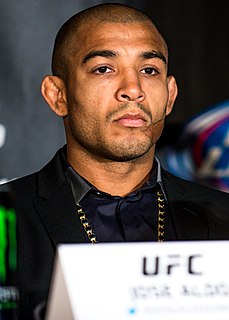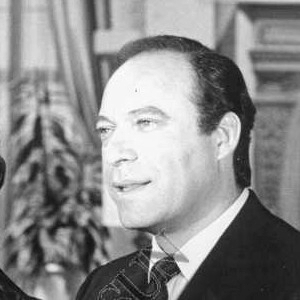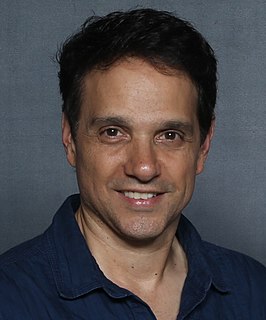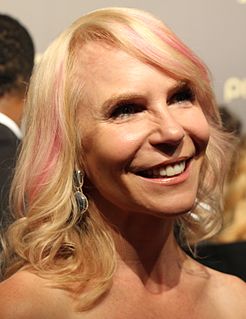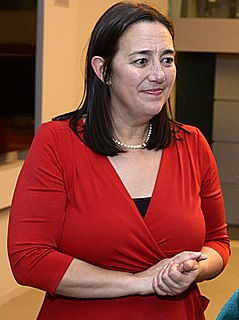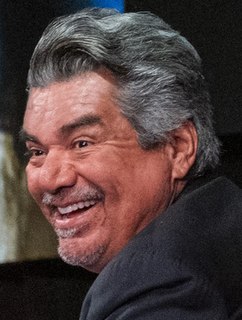A Quote by Cris Mazza
What I was being told in my 20s in the close-quartered, male-ego-infused work space, was that I had to stop reacting with my emotions to sexual desire towards me. The change, in other words, had to be made in me.
Related Quotes
The immaterial blue colour shown at Iris Clert's in April had in short made me inhuman, had excluded me from the world of tangible reality; I was an extreme element of society who lived in space and who had no means of coming back to earth. Jean Tinguely saw me in space and signaled to me in speed to show me the last machine to take to return to the ephemerality of material life.
Like Summer Sisters comforted me just because I was like, okay things I've seen with my own eyes are not so terrible, and even though I knew adult gay people and had absolutely no issue with it. And I just couldn't articulate what made me so uncomfortable about the space that I shared with my friends becoming a sexual space. And it was very healing for me to read that, and feel like it was a part of other friendships, even fictional friendships I admire.
But, finally, I had to open my eyes. I had to stop keeping secrets. The truth, thankfully, is insistent. What I saw then made action necessary. I had to see people for who they were. I had to understand why I made the choices I did. Why I had given them my loyalty. I had to make changed. I had to stop allowing love to be dangerous. I had to learn how to protect myself. But first… I had to look
I grew up in a family in which no male upstream from me had ever finished high school, much less gone to college. But I was taught that even though there was nothing I could do about what was behind me, I could change everything about what was in front of me. My working poor parents told me that I could do better.
I think my biggest problem as a creative person trying to work within a business for profit was that it was very important to me that people liked me. Over the years, observing other showrunners who made work that I so admired, I realized that that had to go. This couldn't be my first priority. My first priority had to be the work.
The stories my pupils told me were astonishing. One told how he had witnessed his cousin being shot in the back five times; another how his parents had died of AIDS. Another said that he'd probably been to more funerals than parties in his young life. For me - someone who had had an idyllic, happy childhood - this was staggering.
